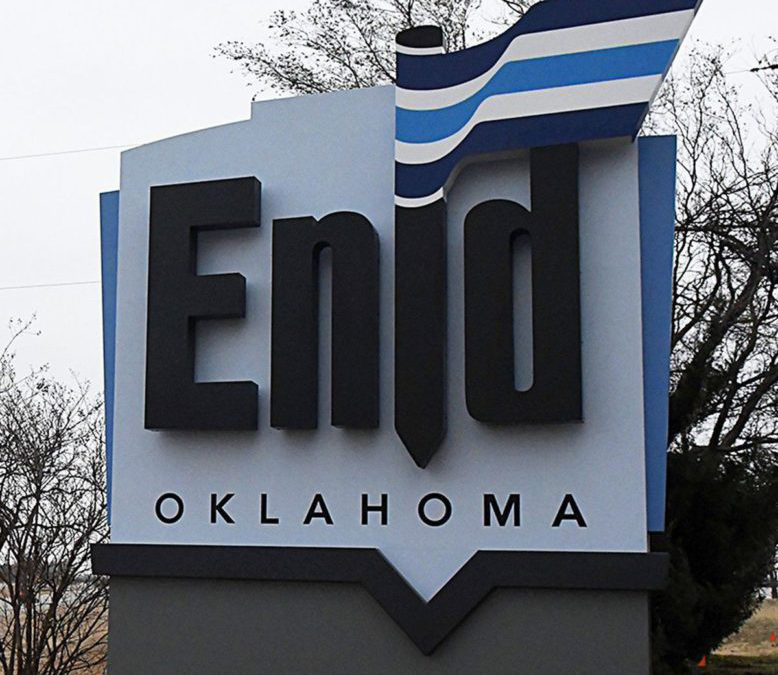A new committee of Enid Regional Developmental Alliance is seeking both new members and contact information for minority-owned businesses.
ERDA’s new inclusive prosperity committee met for the first time Monday, brainstorming actionable goals to address the systemic mistreatment of Black people and other minorities in Enid’s business community.
“It falls to us,” ERDA Executive Director Lisa Powell said at Monday’s semi-virtual meeting.
The committee concluded its first task to tackle Enid’s racial inequity would be to find the business owners who could identify the biggest barriers and then create a list of said businesses. Other ideas the committee discussed Monday included criminal justice reform and public transportation programs.
Enid business owners of minority background, as well as church pastors and local chamber members, are encouraged to contact ERDA to provide such information at (580) 233-4232. The organization’s office is located on Autry Technology Center’s campus, 2020 Willow Run.
Race is apparently not a data category kept in official state records of those applying for business licenses, Powell said. Some business owners don’t even file a license, but work independently or from home.
Since ERDA provides services such as lending and financing tools to business owners, the goal of this list would be the possible creation of what committee members said should be called a “small business council,” targeted mainly toward minority-owned businesses.
In 2017, 1 of 10 businesses in Garfield County were minority-owned, according U.S. Census’ most recent economic survey, which includes all non-farm businesses filing IRS tax forms.
The median household income in Enid was projected to be $49,399, according to 2018 U.S. Census data projections for Enid.
Of Garfield County’s total census tracts, or population neighborhoods, the three easternmost in Enid also have the city’s lowest projected percentage of non-Latino white residents. An average of 57.97% of the three areas’ populations are white.
Tract 7, the area just east of downtown, also has the city’s lowest projected median income, at $31,648 a year.
While the citywide percent of residents in poverty is 15.9%, just over 30% of tract 7’s residents live below the poverty line, the highest percentage in the city. Just over half of its residents are white.
The average population percentage of white people in the rest of the seven other tracts that include Enid is 77.99%. Tract 13, the northwestern-most tract in Enid, has the highest percentage of white residents, at 87.7%. The area also has the city’s highest median income, at $73,812, and the lowest percentage of residents below the poverty line, at 5.3%.
‘Far from resolved’
ERDA created six initial committees after an “envisioning session” with board members in February, narrowed from hundreds of categorical goals for Enid’s economic development.
Powell then had the idea to create the inclusive prosperity committee in June, after the city of Enid and the NAACP hosted a town hall, in response to the death of George Floyd in Minneapolis and the resulting national outcry over police brutality and racism.
Powell said the timing was right to focus on what she said has been a big topic in big cities, that of racial inequity and lack of opportunity.
“It’s made it obvious that all these problems are far from resolved. I realized I assumed there were people working on this stuff, right?” she said at Monday’s meeting. “But this has been a conversation my entire life.”
Committee member Lanita Norwood, president of Enid’s NAACP chapter, then said, “I think it’s times of crisis (when) there’s people working on it.”
No committee chair has been selected. Monday’s attendees instead waited to decide until more come to the committee’s next meeting Aug. 24.
Article by: Alexander Ewald Enid News and Eagle
8/13/20


